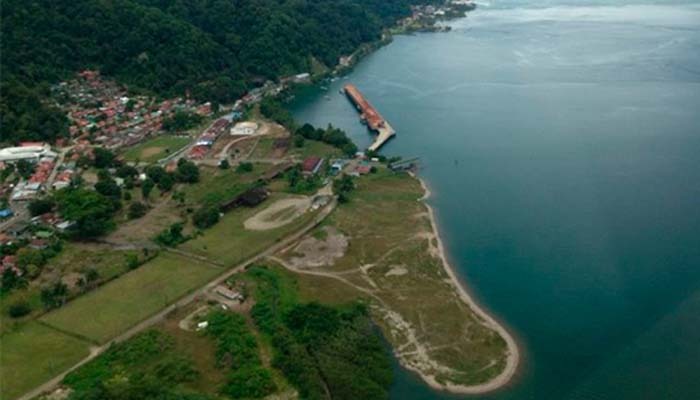
Currently it was announced that Costa Rica proposed to the Central American countries a pilot plan to continue the exchange of commercial goods in the region in a safe way, while the COVID-19 Pandemic crisis continues.
This plan consists of three scenarios for mobilization at the borders:
- Trailer Hitching, unhitching and relay drivers
- Caravans and convoys
- Authorized customs warehouses with fiscal route: which will serve for carriers to arrive with the cargo, unload and lift new cargo if they wish or if there are contracts, and then return. That traffic will have traceability with GPS and check points.
Alexánder Solís, President of the National Commission for Risk Prevention and Emergency Attention stated: “This plan will make it possible to continue international commercial exchange safely, decongest the borders and avoid shortages.”
Measures to be applied for national carriers
Likewise, it was announced that national or resident carriers (drivers) will be tested for Coronavirus at the border, to guarantee and comply with the sanitary regulations established by the World Health Organization (WHO).
If the carrier has no symptoms, he will enter and then be isolated to wait for the test result. On the other hand, if he is with symptoms, it is determined in the moment, whether or not he requires medical attention. While for foreign carriers from Panama, if they come with symptoms, they cannot enter, or continue in the convoy transit.
Costa Rica proposes anew port for commercial ferry with El Salvador
Through a press release, the Costa Rican Institute of Pacific Ports (INCOP), indicated that through a negotiation articulated with the Executive Port Autonomous Commission (CEPA) of El Salvador, new alternatives have been explored to commence service of ferry operations between EL Salvador and Costa Rica as soon as possible.
Costa Rica revealed that it would transfer the operations for commercial port from Caldera to the Golfito Pier. El Salvador for its part emphasized that the port of Caldera has been collapsed since 2017 since its design is from the 70s and does notmeet the necessary conditions to provide optimal ferry service.
In a provisional solution, the ferry would operate between the port of La Unión in EL Salvador and the Golfito port in Costa Rica. The latter is directly operated by the INCOP.
That is why the executive president of INCOP, Juan Ramón Rivera stated: “The Golfito facilities are ready to operate this service and we are currently in contact with different operators to find out interest and deadlines to get the boats and thus have a clearer picture of when exactly it would start.”

